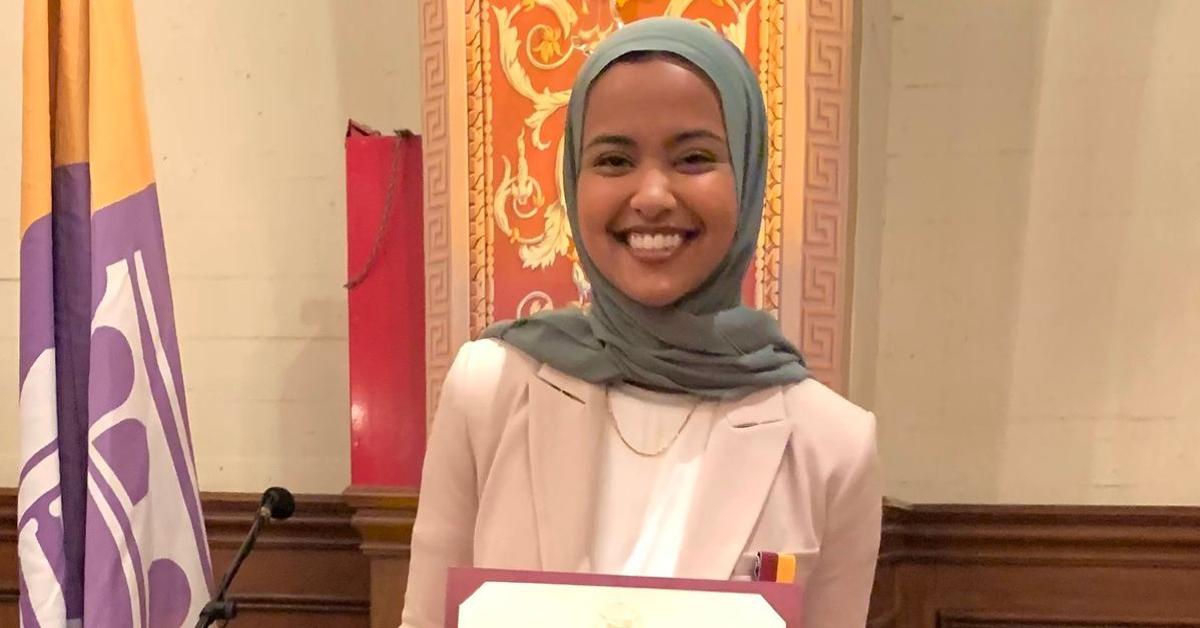
The University of Southern California cancels Asna Tabassum's graduation speech citing escalating security risks after pro-Israel groups oppose her selection, sparking significant controversy
The University of Southern California (USC) has decided to cancel the graduation speech of Asna Tabassum, a Muslim student, citing significant safety threats after some pro-Israel groups challenged her selection.
USC's Provost, Andrew Guzman, announced that the decision aims to ensure safety due to the "substantial security risks" identified following heated debates over her role as valedictorian.
Guzman expressed his concerns, stating, "Unfortunately, over the past several days, discussion relating to the selection of our valedictorian has taken on an alarming tenor."
He added that the "intensity of feelings, fueled by both social media and the ongoing conflict in the Middle East, has grown to include many voices outside of USC and has escalated to the point of creating substantial risks relating to security."
Tabassum is a biomedical engineering major with a minor in genocide resistance, and she protested the university's decision. "I am both shocked by this decision and profoundly disappointed that the university is succumbing to a campaign of hate meant to silence my voice," she stated.
She condemned the response to her selection as influenced by "anti-Muslim and anti-Palestinian voices," asserting that these groups launched a "campaign of racist hatred" against her because of her "uncompromising belief in human rights for all."
This incident at USC is not isolated but part of a broader series of conflicts that have sprung up on U.S. college campuses since the Israel-Hamas war. These disputes often reflect geopolitical tensions and are exacerbated by the intense polarization on issues related to the Middle East.
The impact of these campus controversies extends beyond the academic environment, with public safety officials and civil rights advocates noting a rise in hate crimes and increased tensions involving Muslims, Jews, Arabs, and Palestinians across the United States.
Guzman reiterated the serious nature of the threats that led to the cancelation, as reported by Erroll Southers, the university’s associate senior vice president for safety and risk assurance, who highlighted that the institution had received threats through various channels, including emails, phone calls, and letters. Some individuals even stated intentions to disrupt the commencement ceremony physically.
In response to the cancellation, the Council on American Islamic Relations (CAIR) launched an online campaign demanding that USC reinstate Tabassum's invitation to speak, criticizing the university for not taking stronger security measures.
Hussam Ayloush, executive director of CAIR, argued, "USC possessed the ability to take appropriate safety measures for my valedictory speech but opted not to because a tougher security posture was not what the university wants to 'present as an image.'"
Source: Newsroom